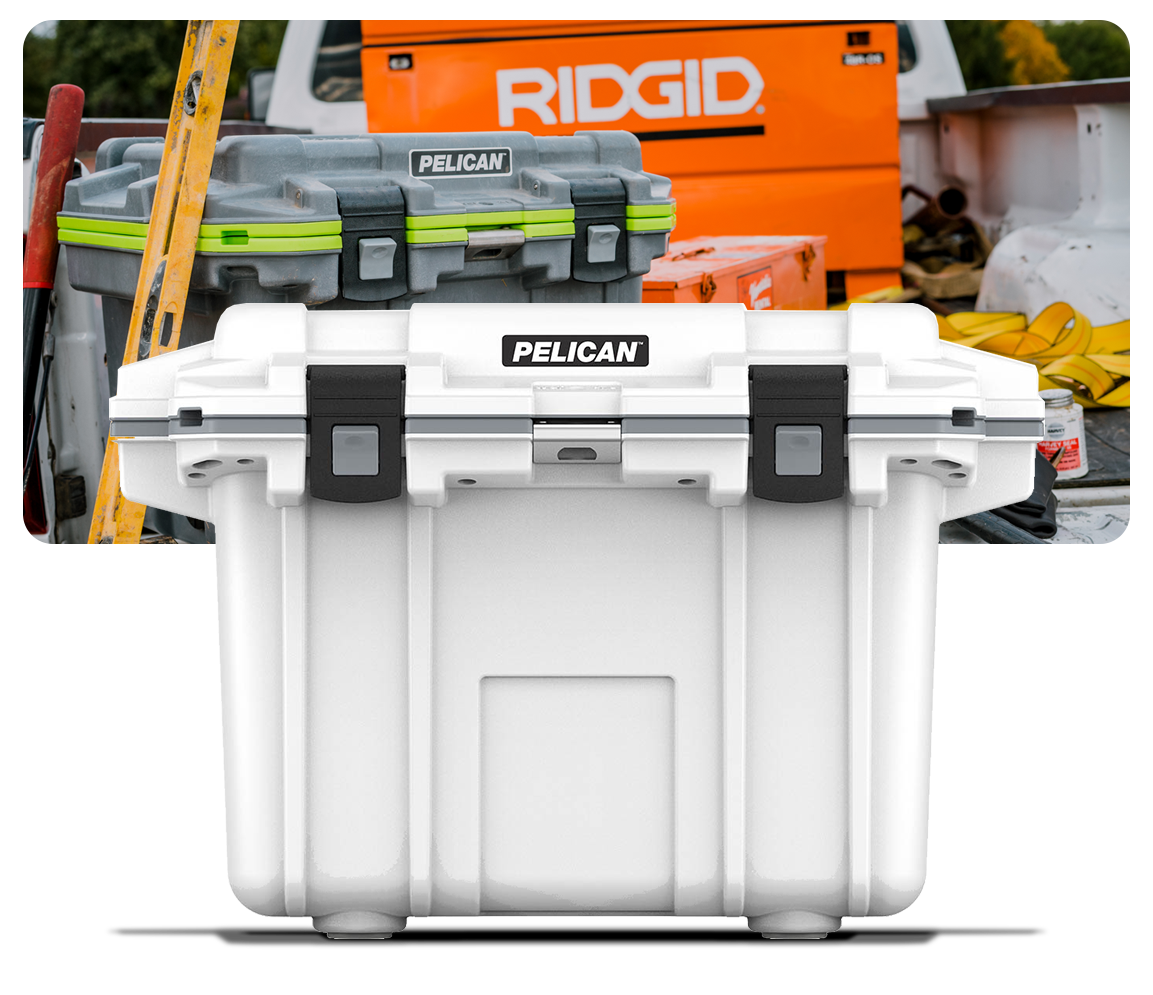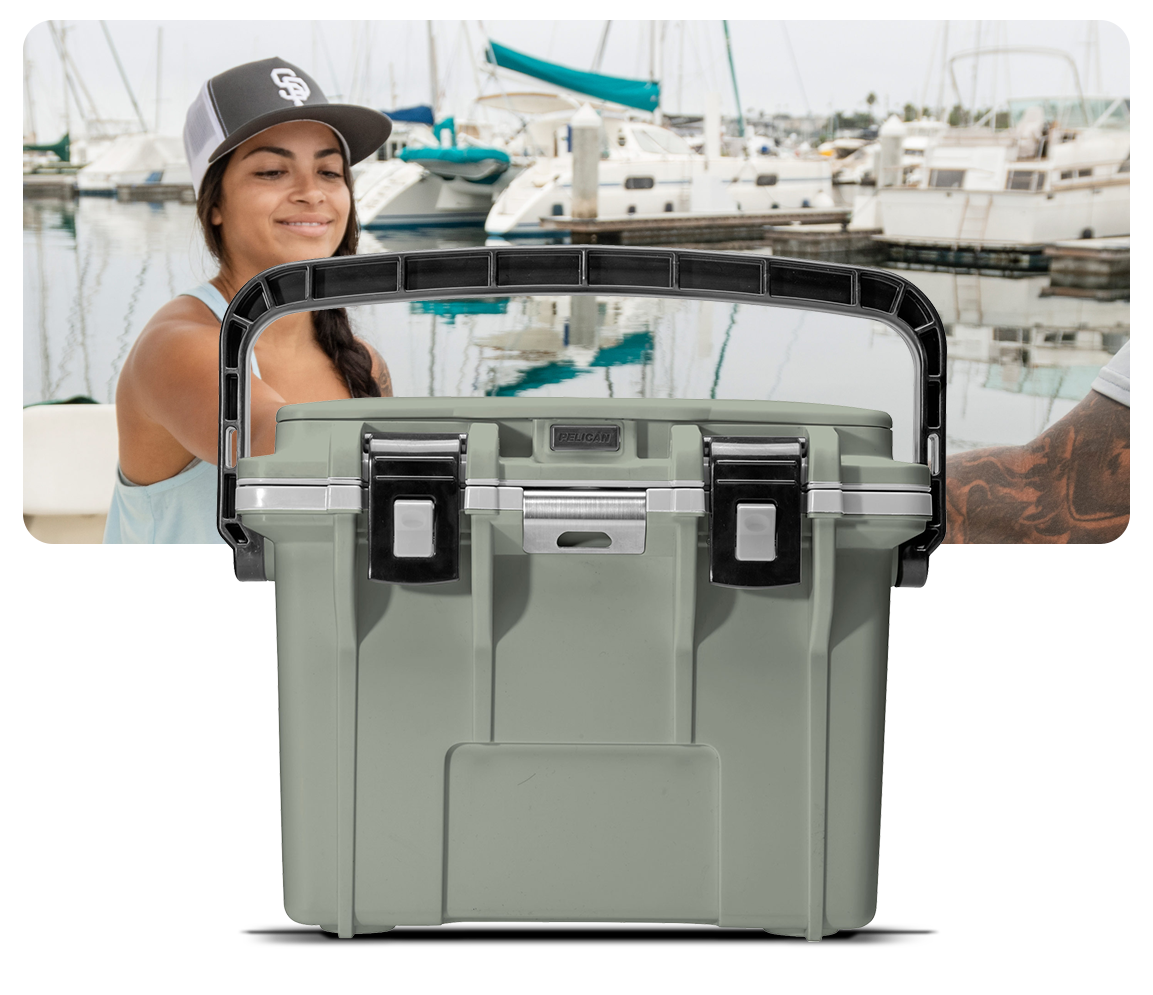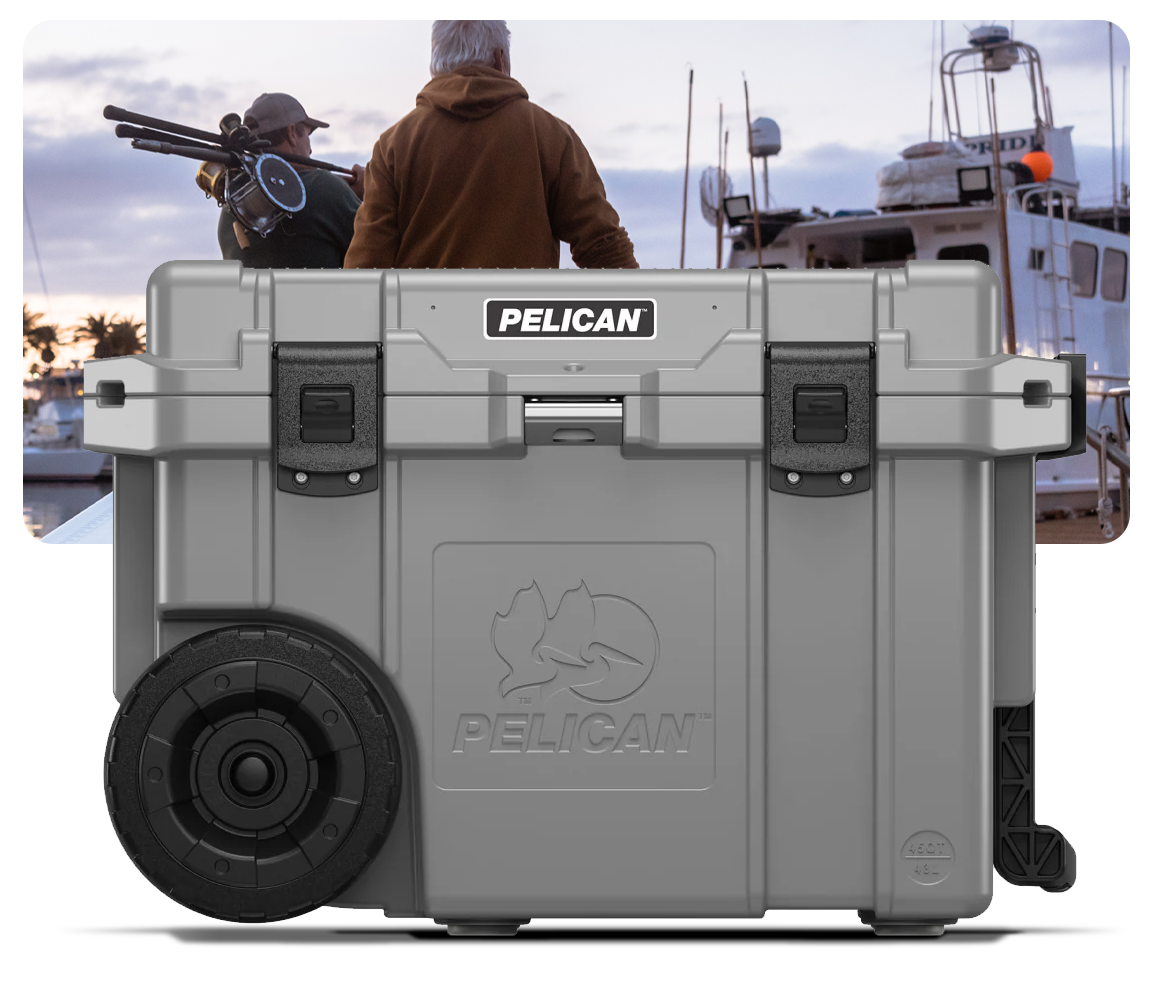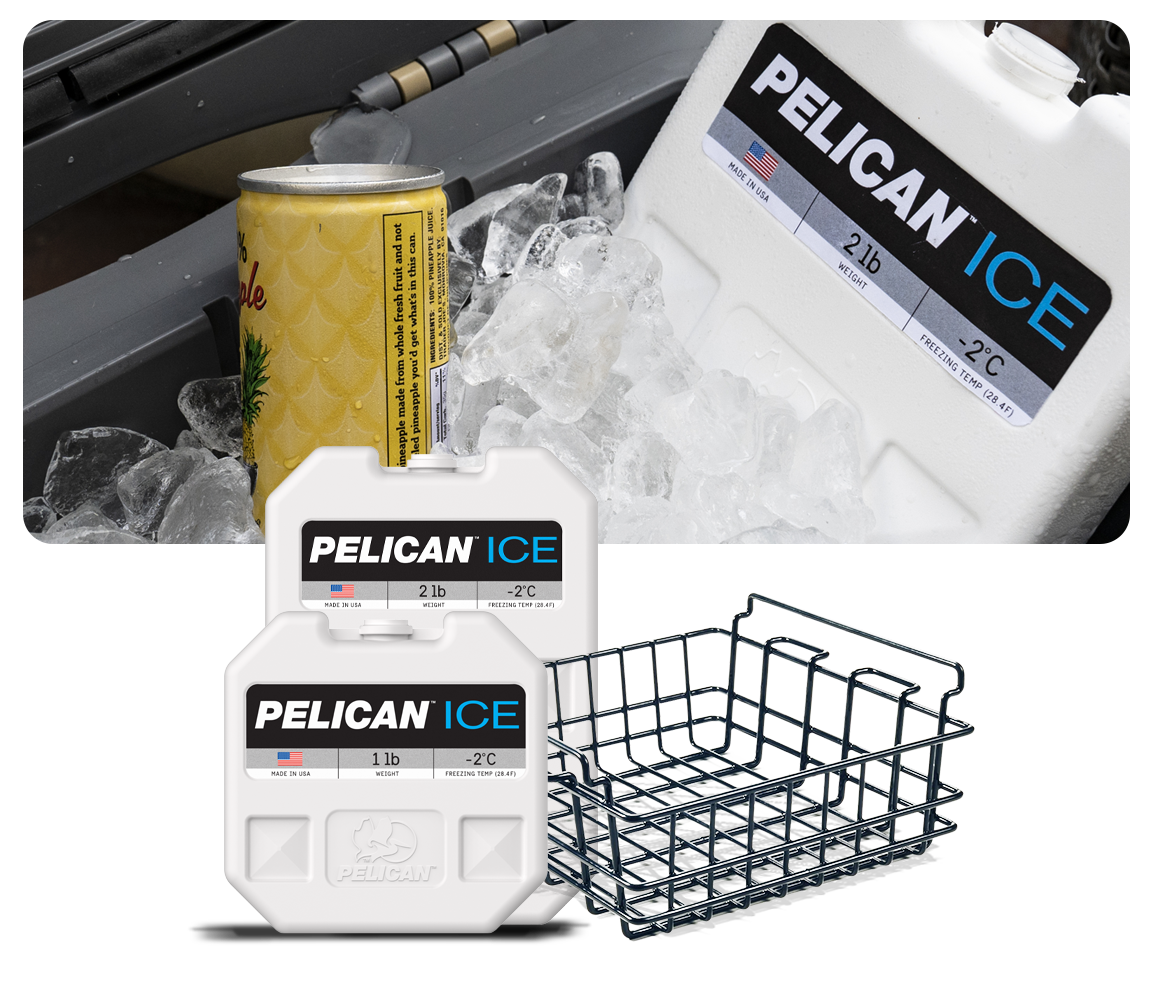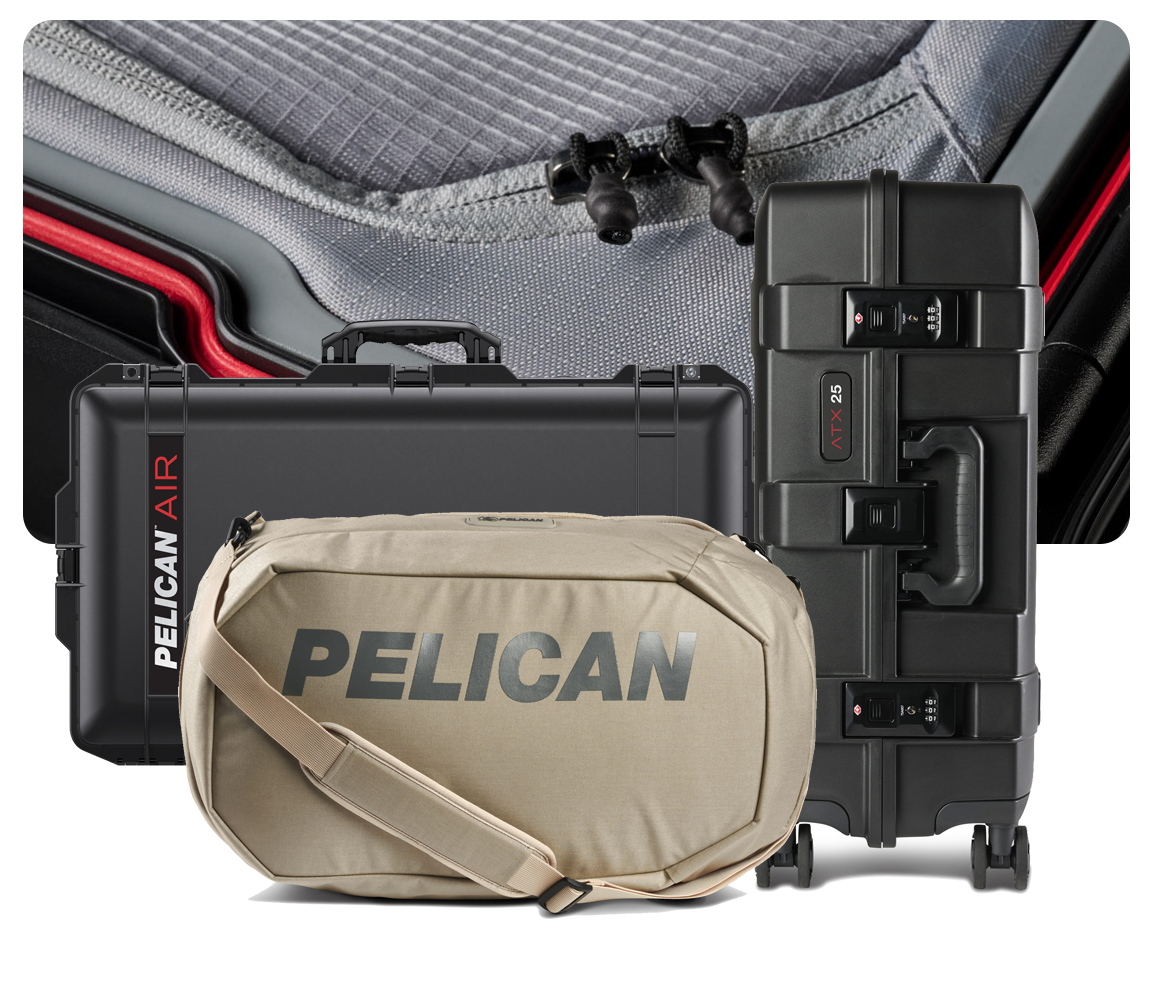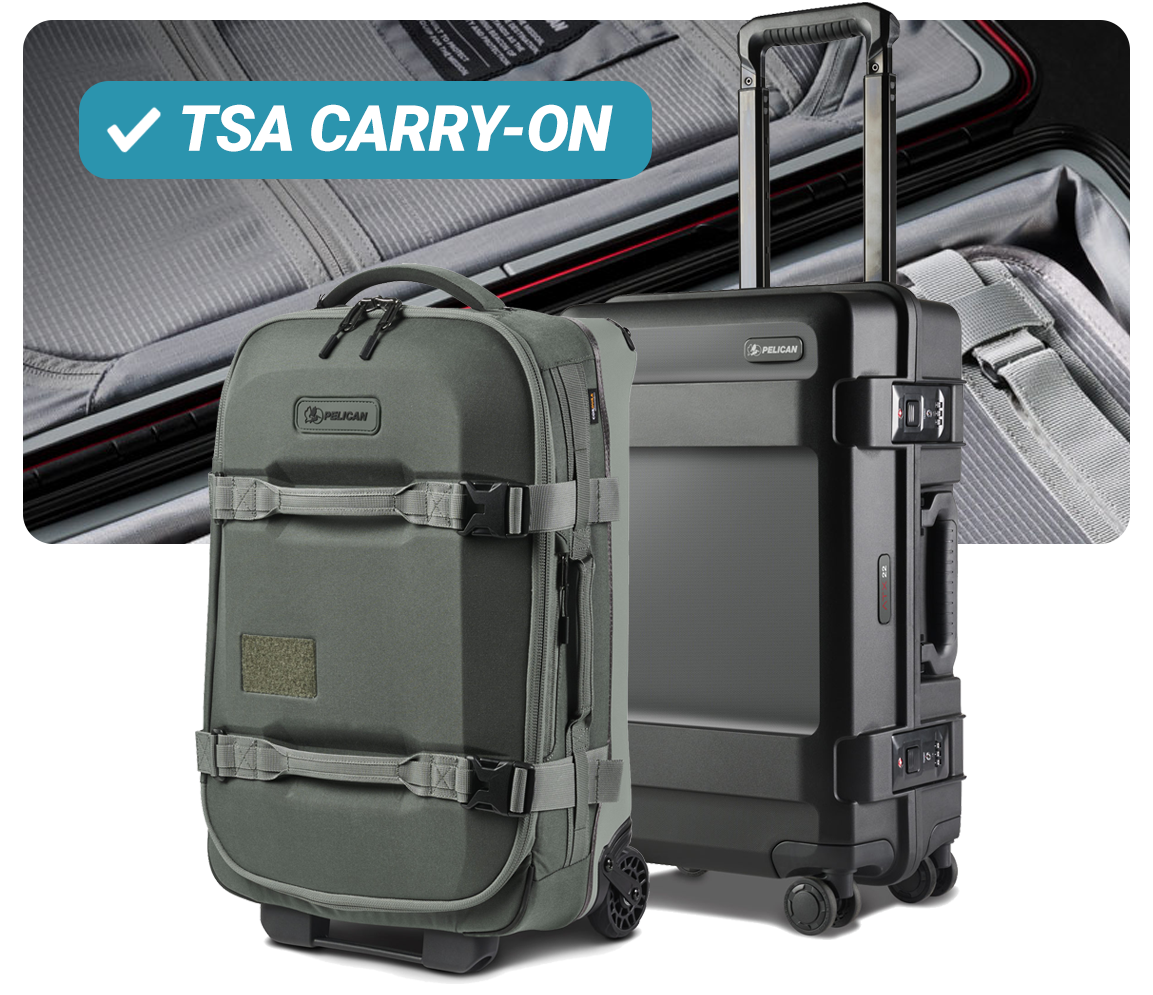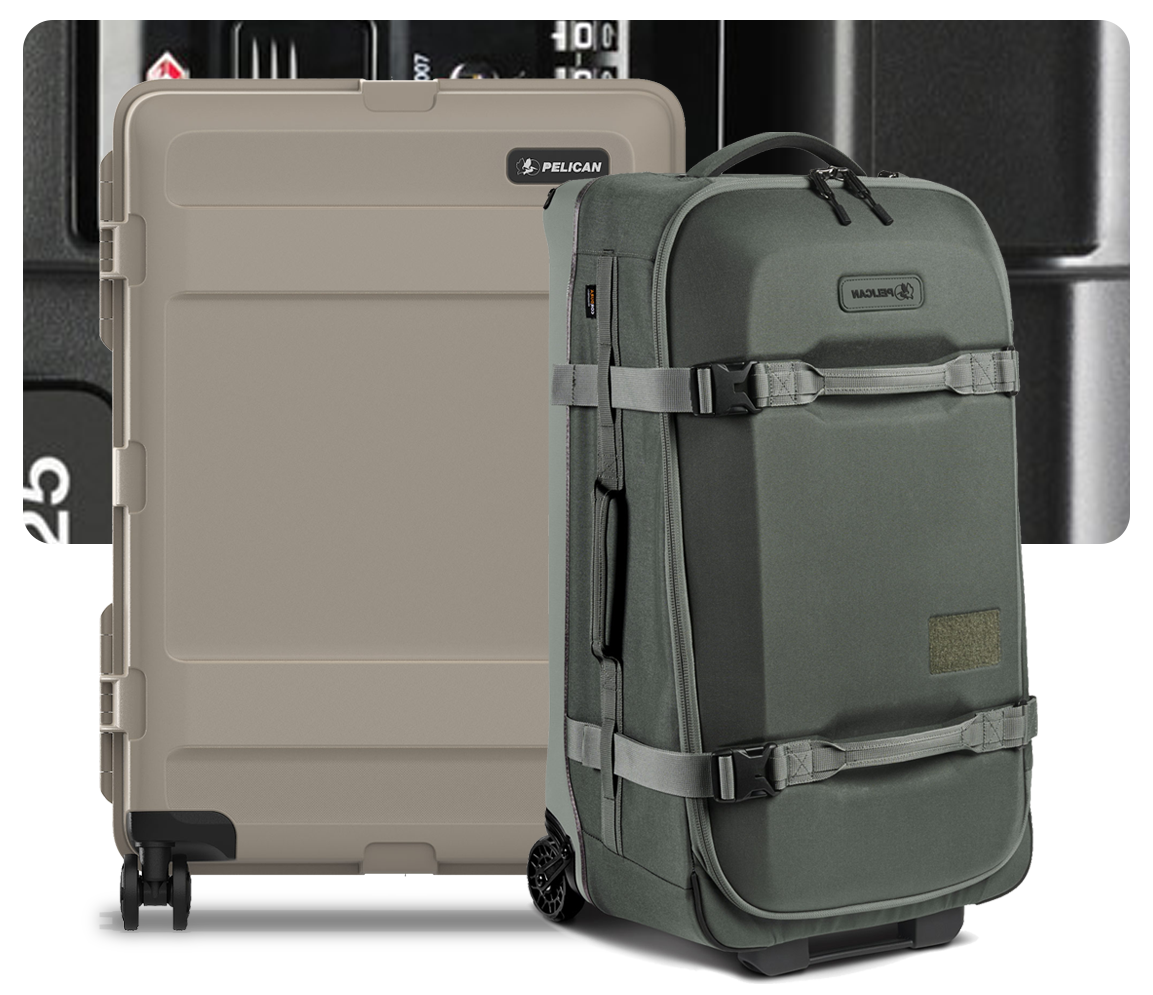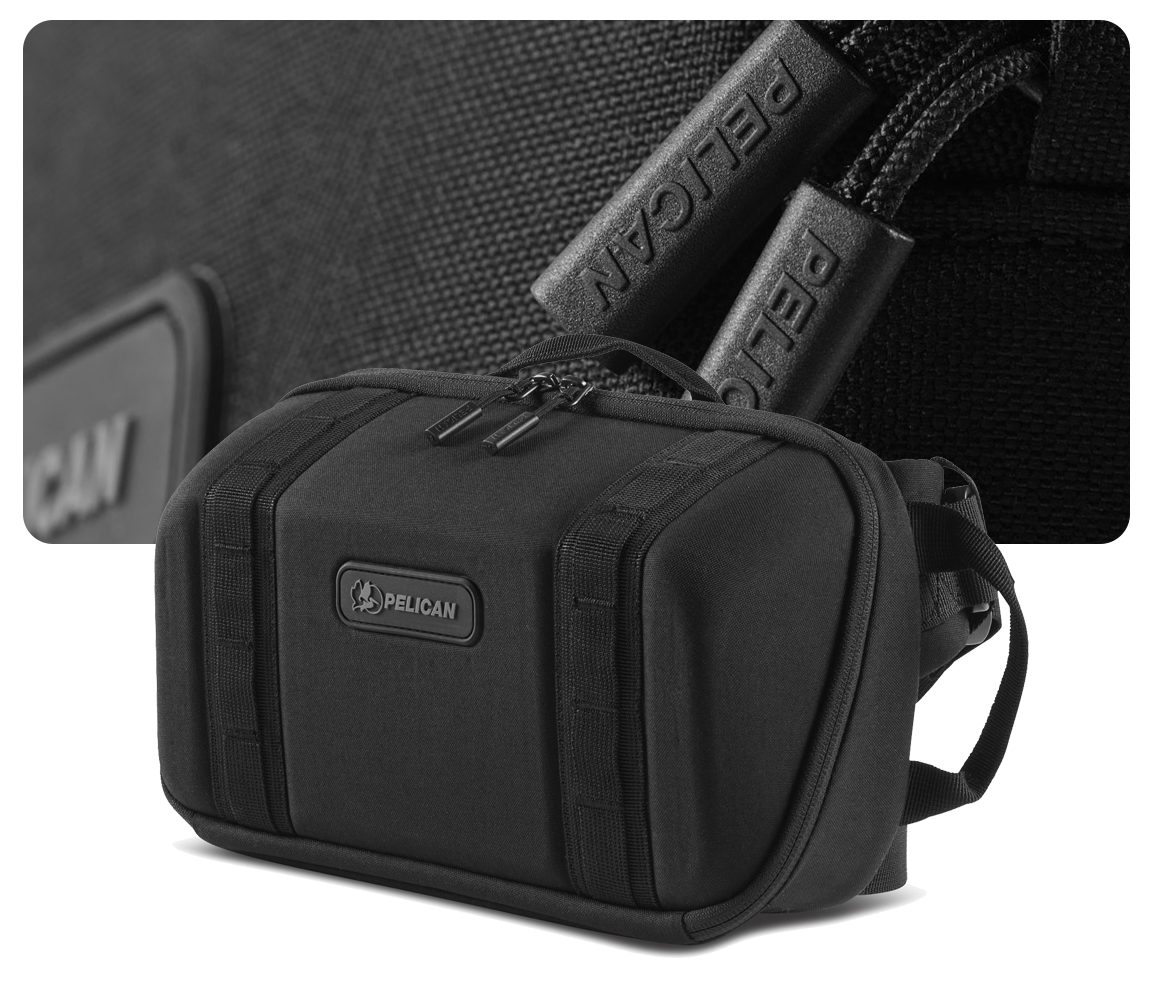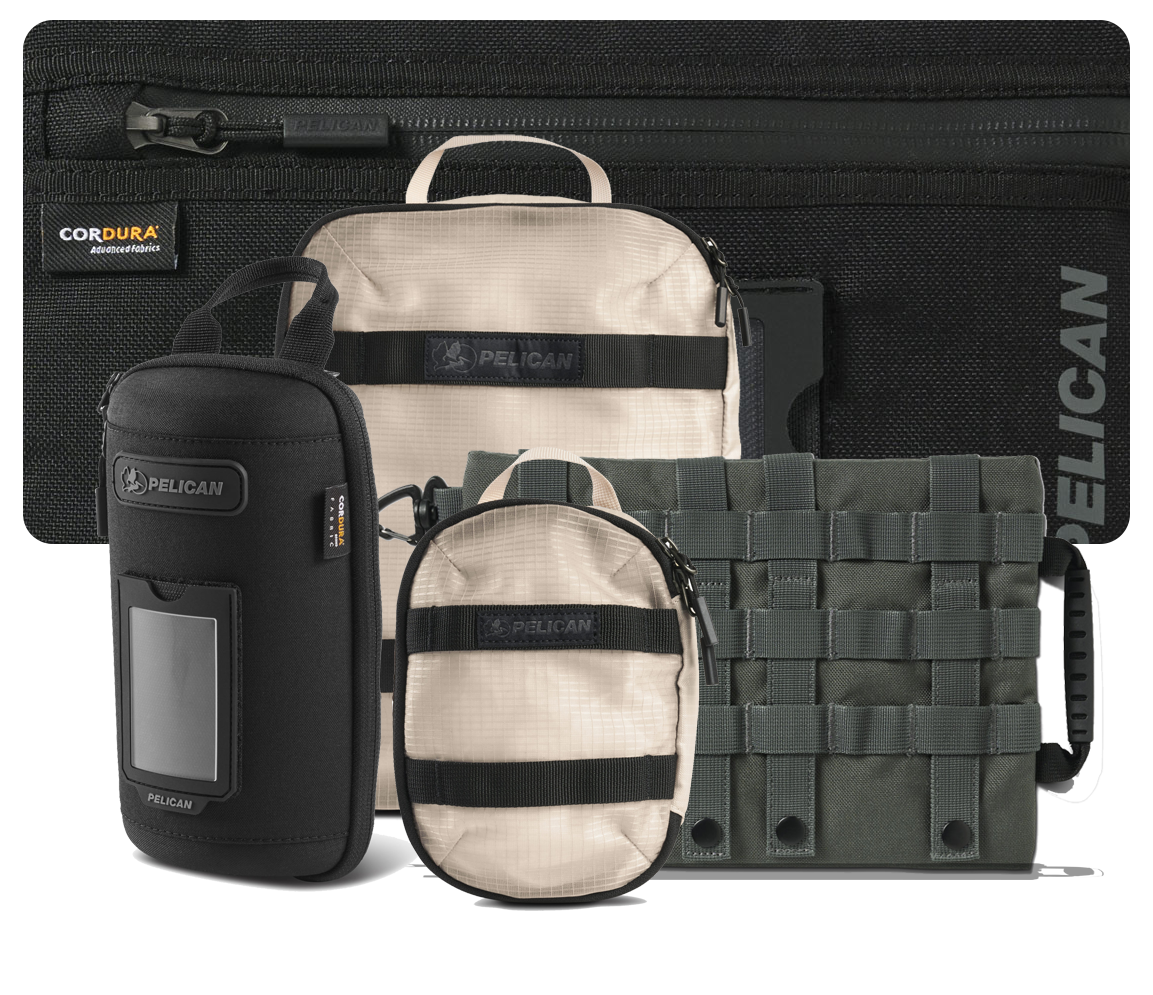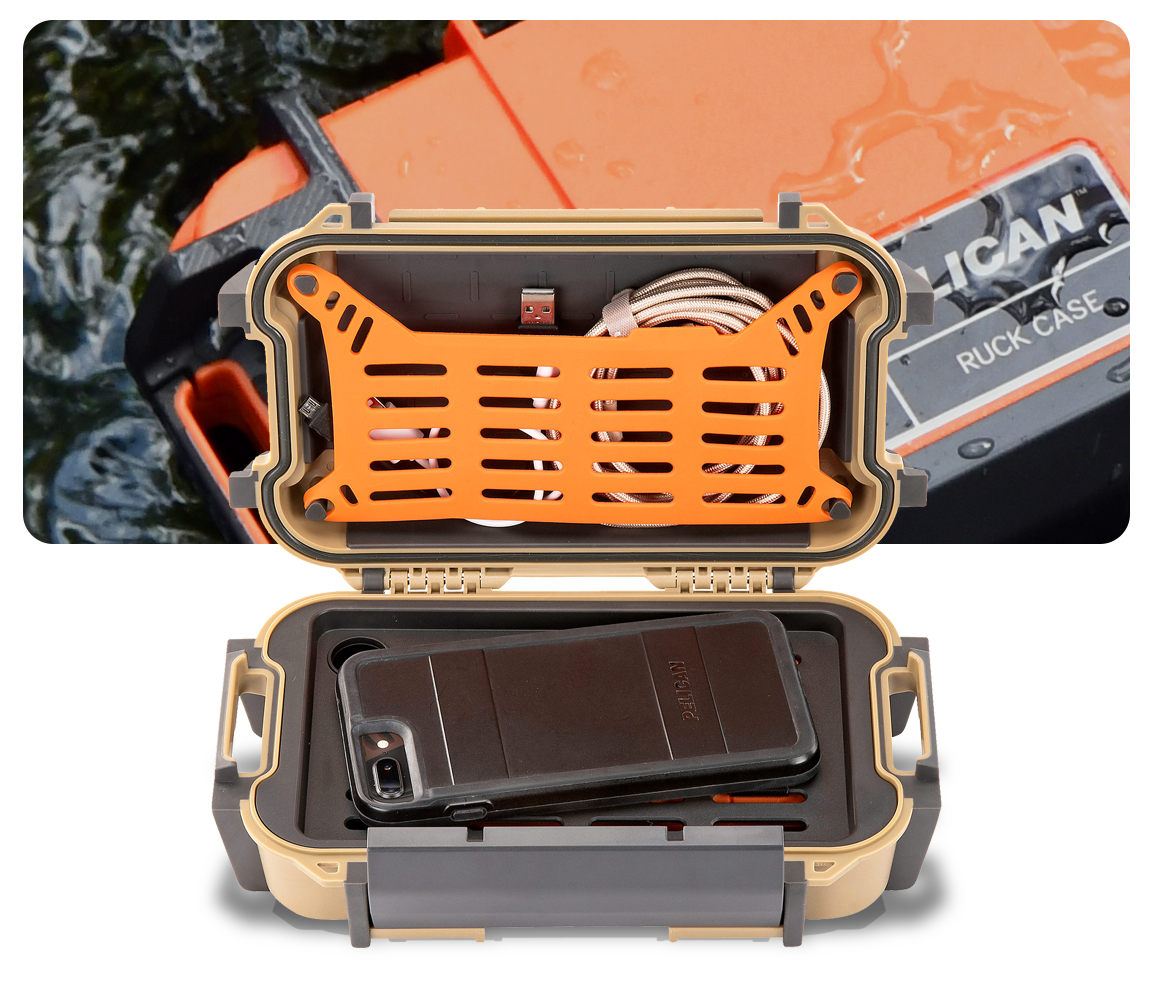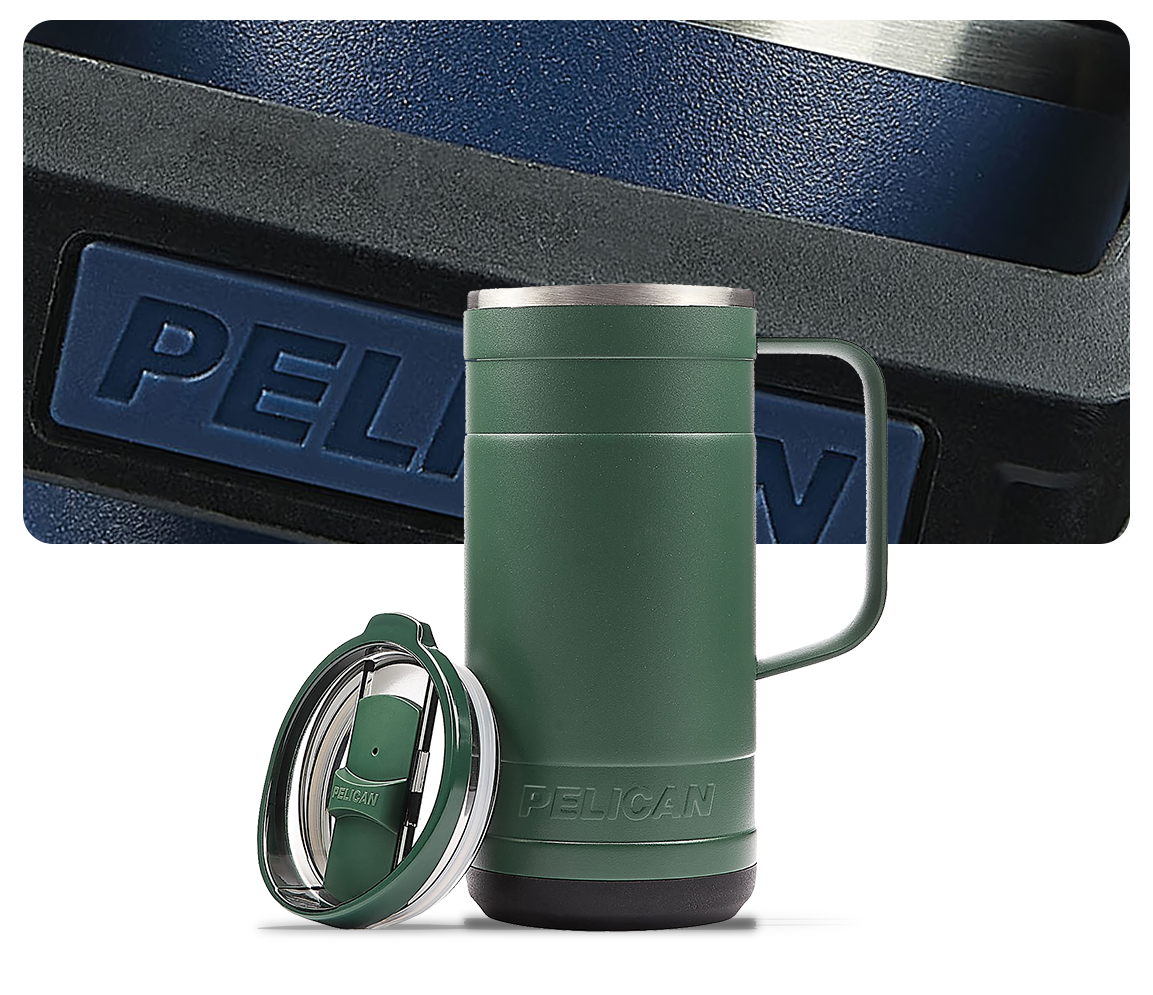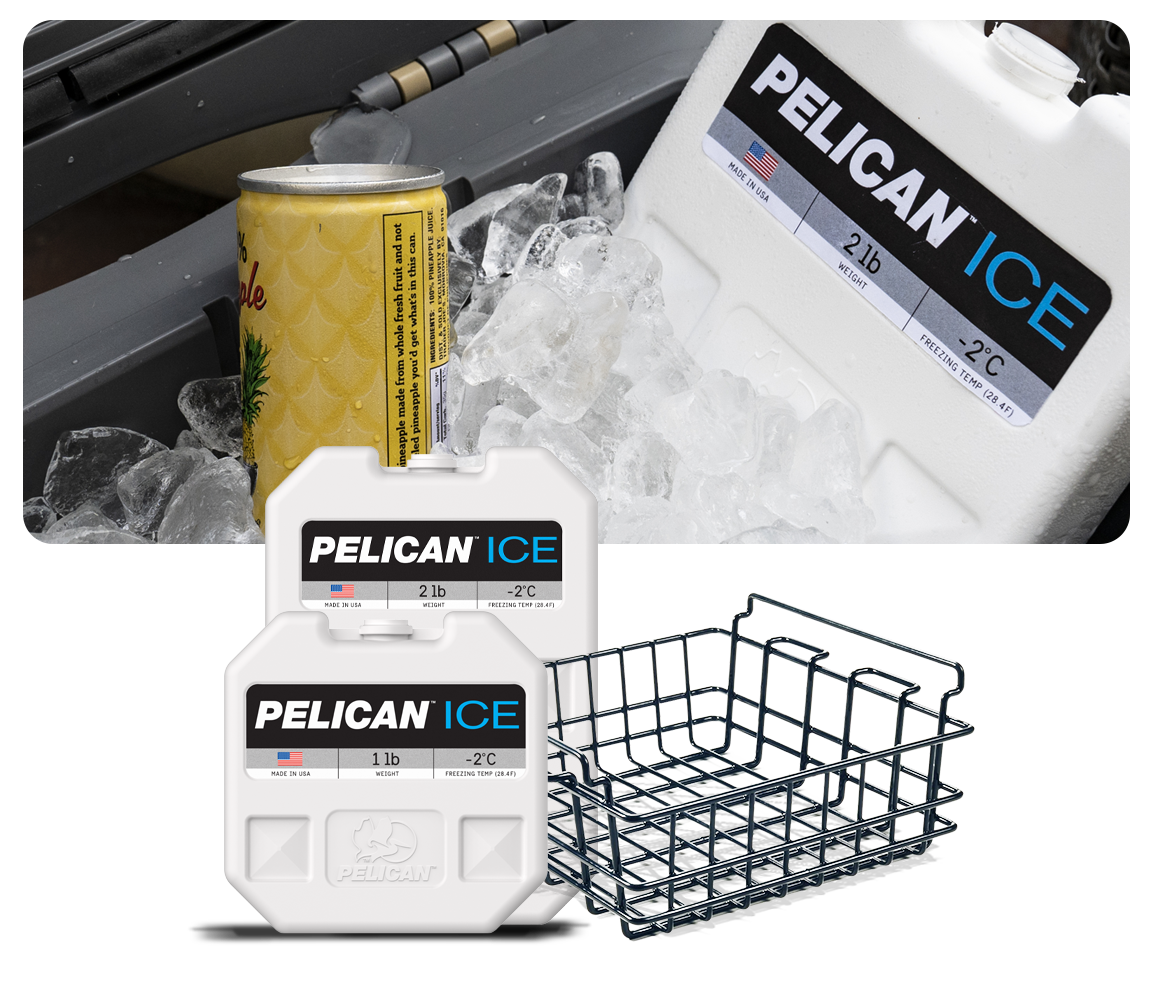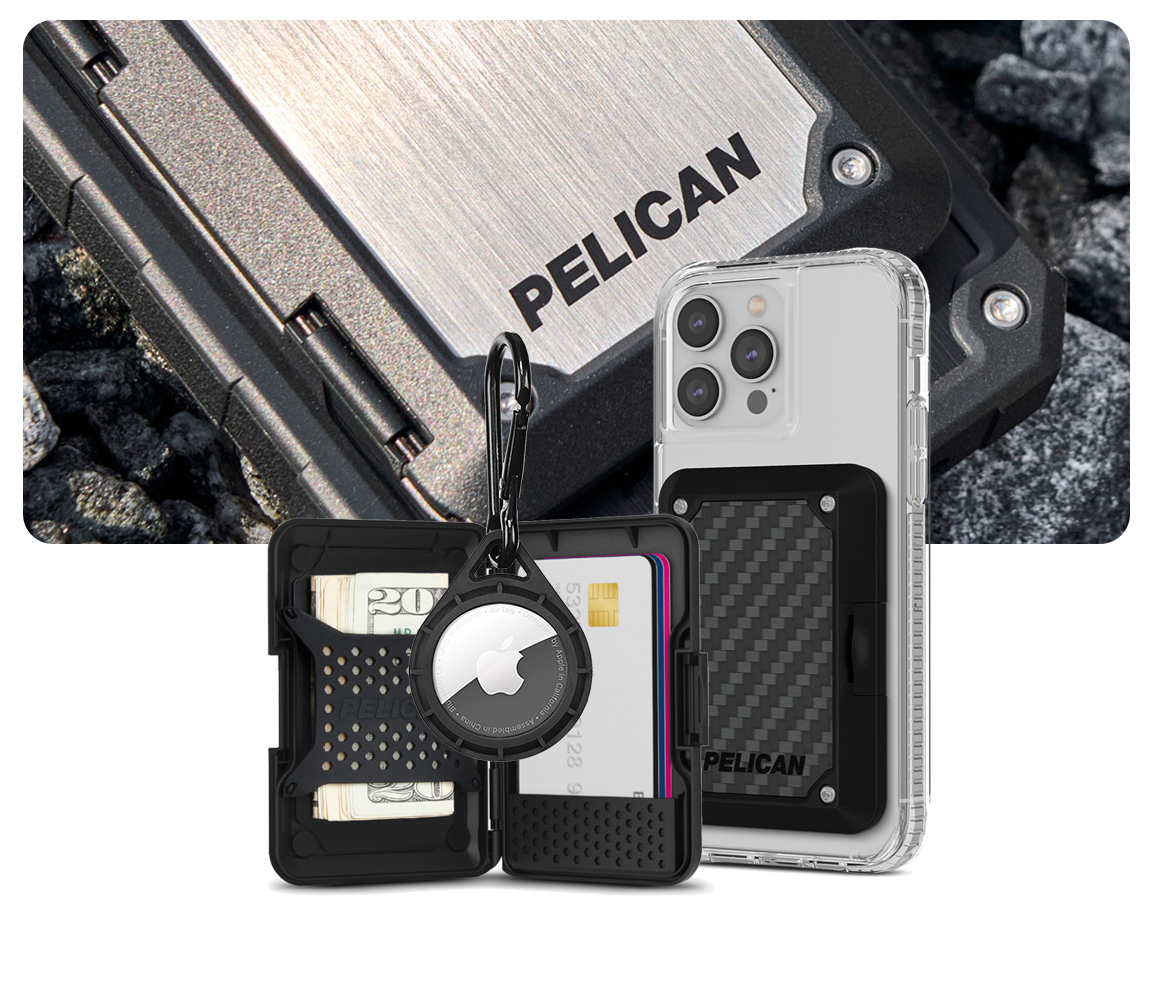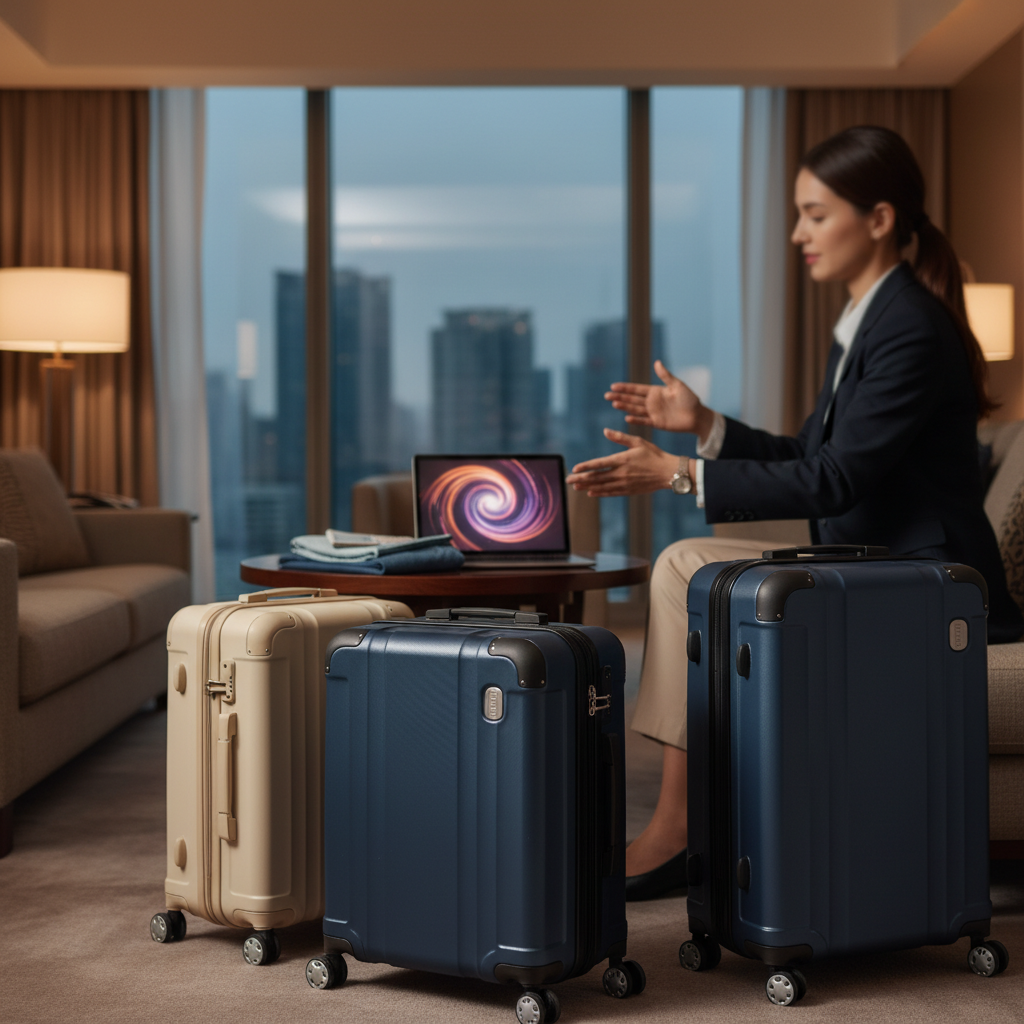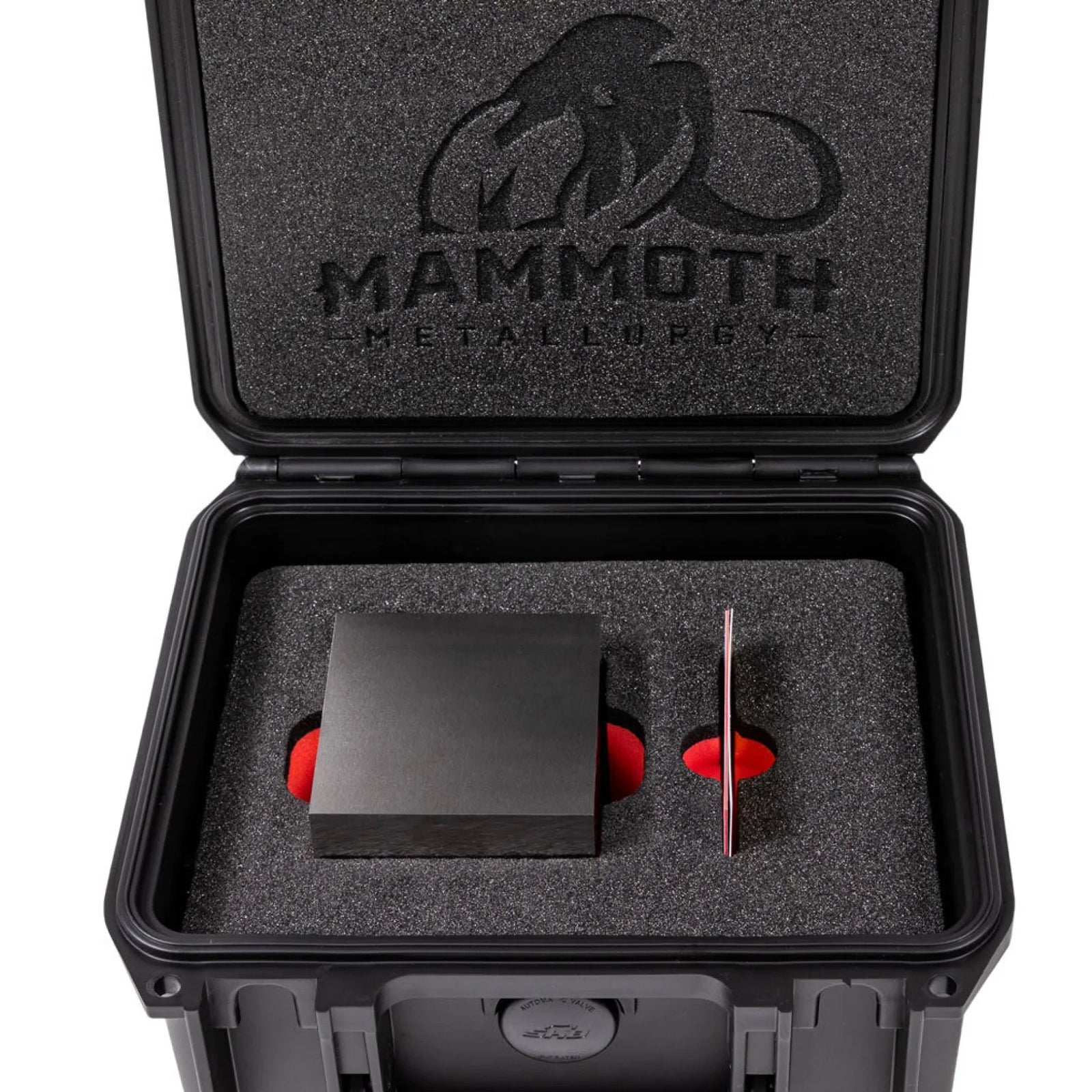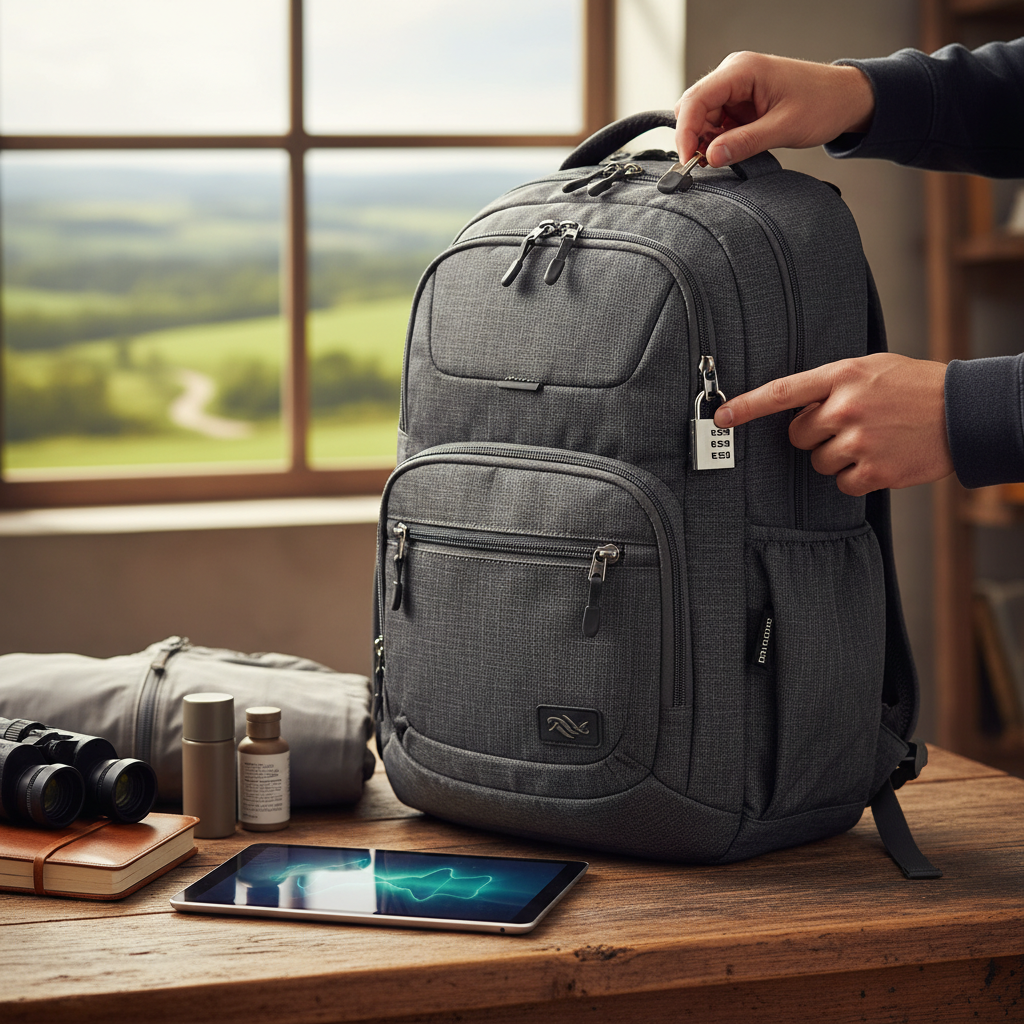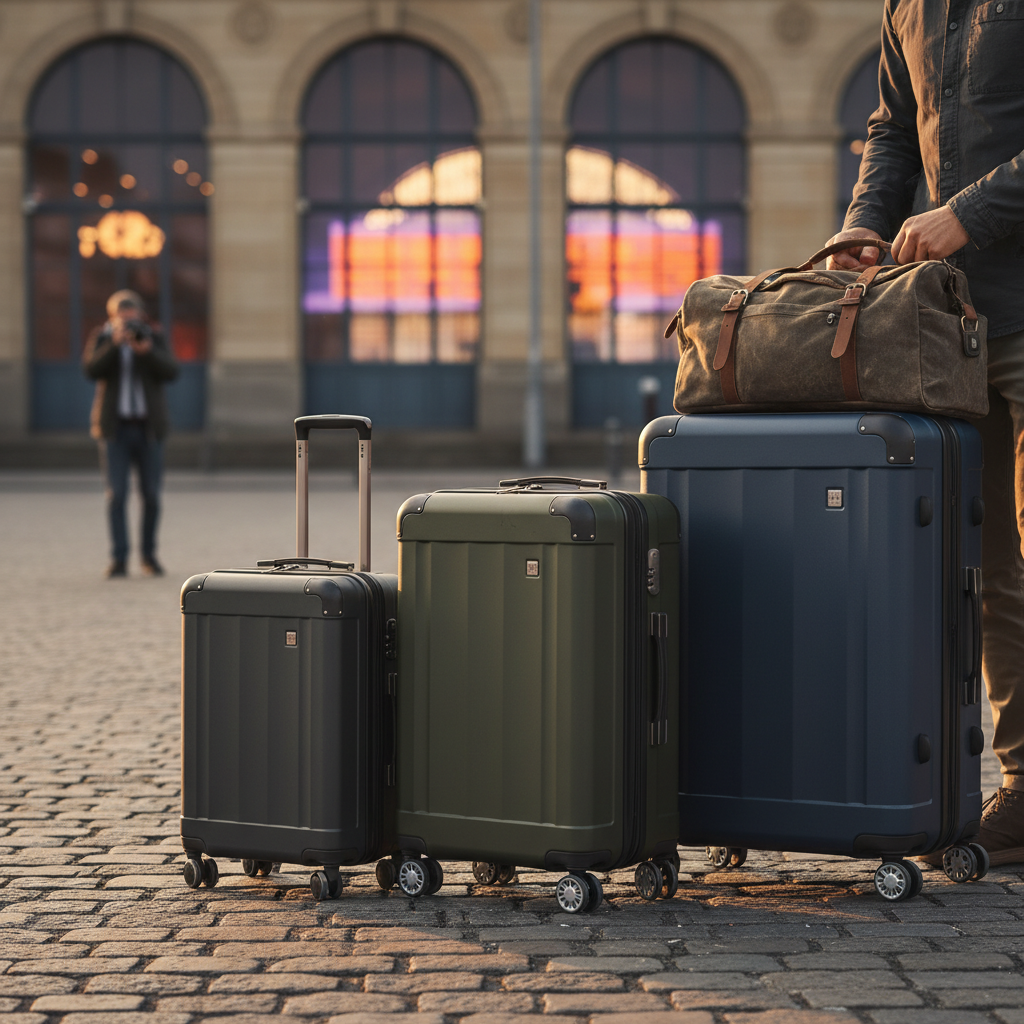Investing in Premium Hard-Sided Luggage: A Smart Traveler's Guide
Beyond Durability: Style, Security, and Effortless Journeys
Quick Summary / Key Takeaways
- Premium hard-sided luggage protects your belongings from impacts and rough handling. This makes it a smart investment for frequent travelers.
- Material matters: Polycarbonate is light and impact resistant. Aluminum is very durable and secure but is heavier and more expensive.
- Key features such as high-quality wheels, TSA locks, and organized interiors greatly improve the travel experience. They also justify the higher price.
- Premium luggage may cost more upfront, but it often includes great warranties and repair options. This can lead to lower ownership costs in the long run.
- Taking care of your hard-sided luggage helps it last longer and keeps it looking good for many trips.
Introduction
Owning premium hard-sided luggage brings a unique confidence. It’s not just a bag for clothes; it’s a shield for your peace of mind. It withstands the challenges of baggage handlers, overhead bins, and sudden rain. In a world where travel can be tricky, your luggage shouldn’t add to the stress. Many travelers, including me, have learned that cheap luggage is a false economy. Ripped zippers, cracked shells, and wobbly wheels lead to frustration and replacement costs that far exceed any initial savings. Investing in premium hard-sided luggage is not a luxury; it’s a smart choice for durability, security, and smoother journeys. This guide will reveal what sets premium hard shells apart. We’ll look at the materials, design features, and how these bags combine strong protection with lightweight profiles. Plus, we’ll explore their smart security features and organized interiors that make packing easy. Get ready to travel smarter, not harder.
Hard-Sided Luggage Materials Comparison
| Material | Durability | Weight | Typical Price Range |
|---|---|---|---|
| Polycarbonate | High Impact Resistance | Lightweight | $200 - $600 |
| Aluminum | Maximum Durability, Security | Heavier | $600 - $1500+ |
| ABS Plastic | Good, but Brittle in Cold | Very Lightweight | $100 - $300 |
| CURV® (Polypropylene) | Extreme Flexibility, Lightness | Ultralight | $400 - $800 |
Premium Hard-Sided Luggage Features Checklist
| Feature | Benefit for Traveler | Premium Standard | Consideration |
|---|---|---|---|
| Spinner Wheels (360°) | Effortless Maneuverability | Double, Silent Glide | Smoothness, Replaceability |
| Integrated TSA Lock | Enhanced Security, Convenience | Recessed, Combination | Ease of Use, Robustness |
| Interior Organization | Maximized Space, Tidy Packing | Divider, Pockets, Straps | Functional Design, Compression |
| Warranty & Repair | Long-term Investment Protection | 5+ Years, Global Service | Coverage, Availability |
Hard-Sided Luggage Preparation Checklist
- Check the shell for cracks and the wheels for smooth movement. This ensures your hard-sided luggage can handle bumps and rough handling during transit.
- Check your TSA lock to ensure it works. Reset the combination if necessary. This keeps your hard-sided luggage secure and compliant with airport screening rules.
- Make sure the interior straps and dividers are tight. This keeps items stable in your hard-sided luggage and reduces shifting while you travel.
- Check your warranty details and register your luggage before your trip. This protects your investment and makes future repairs easier.
Hard-Sided Luggage Post-Trip Checklist
- Wipe the outside of your hard-sided luggage with a damp cloth. This will get rid of dirt and scuffs, keeping it shiny and durable.
- Clean wheels of debris or hair. This helps them roll smoothly and lasts longer. It also improves your hard-sided luggage's mobility.
- Air out the inside of your hard-sided luggage. This helps prevent odors and moisture. It keeps your luggage fresh and intact.
- Store your hard-sided luggage in a cool, dry place. Use a dust bag if you can. Keep it away from direct sunlight to avoid fading, warping, or heat damage.
Table of Contents
Section 1: The Core Value of Premium Hard Shells
- Why should I invest in premium hard-sided luggage?
- What materials are typically used in premium hard-sided luggage?
- How does hard-sided luggage compare to soft-sided luggage in terms of durability?
- Are premium hard shells heavy or cumbersome to travel with?
Section 2: Key Features & Innovations
- What defines high-quality wheels on premium luggage?
- How important are integrated TSA locks on hard-sided luggage?
- What interior features should I look for in premium hard shells?
- Do premium hard shells scratch easily, and how can I prevent it?
- What kind of warranty or repair support should I expect?
Section 3: Making Your Investment Count
- How do I properly clean and maintain my hard-sided luggage?
- Is premium hard-sided luggage worth the higher price tag?
- How can I ensure my hard-sided luggage stands out on the baggage carousel?
Section 4: Advanced Considerations
- What's the difference between polycarbonate and aluminum luggage?
- Can hard-sided carry-on luggage fit under airline seats?
- Are there eco-friendly options for premium hard-sided luggage?
Frequently Asked Questions
Section 1: The Core Value of Premium Hard Shells
FAQ 1: Why should I invest in premium hard-sided luggage?
You should invest in premium hard-sided luggage for better protection, durability, and security. It gives you peace of mind while traveling.Unlike cheaper options, these cases handle frequent travel well. They resist impacts and rough handling more effectively. You’ll find high-quality features like smooth-rolling wheels and strong zippers, making travel easier. This initial investment often leads to lower long-term costs due to a longer lifespan and better warranty support.
FAQ 2: What materials are typically used in premium hard-sided luggage?
Premium hard-sided luggage mainly uses materials like polycarbonate, aluminum, and advanced polypropylene blends (e.g., CURV®) for their unique benefits.Polycarbonate is popular for its lightness, flexibility, and impact resistance, making it less likely to crack. Aluminum is known for its durability and security, often featuring a strong, robust look, though it is heavier. Newer polypropylene composites offer extreme lightness along with surprising strength and flexibility, setting a new standard for lightweight durability.
FAQ 3: How does hard-sided luggage compare to soft-sided luggage in terms of durability?
Hard-sided luggage usually provides better protection against impacts, crushing, and moisture than soft-sided options. The tough shell protects fragile items from outside forces and often resists water better. Soft-sided luggage has more pockets and can stretch for overpacking, but its fabric is prone to tears, stains, and moisture. High-quality hard shells are designed to absorb and spread impact, making them great for electronics and delicate items.
FAQ 4: Are premium hard shells heavy or cumbersome to travel with?
No, modern premium hard-sided luggage is designed to be lightweight. Manufacturers use strong, light materials like polycarbonate and polypropylene. They also create efficient interior layouts. Many bags have smooth-gliding double-spinner wheels. These wheels help distribute weight evenly, making larger cases easy to maneuver. The idea that hard shells are always heavy is outdated. Continuous innovation in materials and design has changed this perception.
Section 2: Key Features & Innovations
FAQ 5: What defines high-quality wheels on premium luggage?
High-quality wheels on premium luggage glide silently and smoothly with 360-degree spinner functionality. They usually have double wheels made from durable rubber. These wheels are securely mounted, sometimes recessed, to absorb impacts and avoid breakage. They let the suitcase move easily in any direction, reducing strain on the traveler. In contrast, inferior wheels often squeak, stick, or crack under pressure. This is a common issue with budget luggage.
FAQ 6: How important are integrated TSA locks on hard-sided luggage?
Integrated TSA-approved locks are crucial for security and compliance when traveling internationally with hard-sided luggage. These locks let airport security, like the TSA, open your bag for inspection without damaging the lock or suitcase. This means you don’t need external padlocks, which can be lost or cut. They also stop your bag from being forcibly opened. These locks deter opportunistic theft and ensure smooth security checks.
FAQ 7: What interior features should I look for in premium hard-shells?
In premium hard-shells, check for smart interior features like zippered dividers, compression straps, and multiple pockets. These help maximize space and keep your belongings organized. A full zippered divider on one side is great for separating items or making two packing sections. Compression straps secure contents, stopping them from shifting and freeing up more space. Also, mesh or wet pockets are useful for organizing smaller items, shoes, or damp clothing, ensuring a neat packing experience.
FAQ 8: Do premium hard-shells scratch easily, and how can I prevent it?
All hard-shell luggage can scratch, but premium materials like polycarbonate and anodized aluminum resist scratches better than cheaper plastics. Some finishes can also hide minor scuffs. Polycarbonate, especially with a textured or matte finish, hides scratches better than glossy surfaces. Aluminum can show dings and scuffs as a "patina" of travel, which some travelers like. To avoid serious scratching, use a luggage cover, choose textured finishes, and try not to check your bags.
FAQ 9: What kind of warranty or repair support should I expect?
Premium hard-sided luggage usually includes strong warranties lasting 5 years, 10 years, or even a lifetime. These warranties cover manufacturing defects and sometimes functional damage.They show the manufacturer's confidence in durability and offer peace of mind for buyers. Look for brands with global service centers or easy mail-in repair options. A good warranty protects your investment against wear and tear or unexpected problems, helping the product last longer.
Section 3: Making Your Investment Count
FAQ 10: How do I properly clean and maintain my hard-sided luggage?
To clean and maintain hard-sided luggage, regularly wipe the exterior with a damp cloth. Clean the wheels and air out the interior after each trip. For tough scuffs, use a mild soap solution. A magic eraser can help remove deeper marks from polycarbonate. Clear debris from wheels and zippers with a brush or compressed air for smooth operation. Always store your luggage in a cool, dry place, preferably in its dust bag. This helps prevent dust buildup and material damage over time.
FAQ 11: Is premium hard-sided luggage worth the higher price tag?
Yes, premium hard-sided luggage is usually worth the higher price. It offers better durability, improved security, and advanced features. These bags often come with comprehensive warranties, giving you better long-term value.Though the initial cost is higher, you’re investing in a product built for years of travel. This minimizes the need for replacements and reduces travel hassles. High-quality materials, smooth-rolling wheels, strong locks, and smart interior designs make your travel experience more reliable and enjoyable. It’s an investment that brings peace of mind and fewer luggage issues.
FAQ 12: How can I ensure my hard-sided luggage stands out on the baggage carousel?
To make your hard-sided luggage pop on the baggage carousel, choose a unique color or texture. You can also add distinctive luggage tags or personalize it with stickers or wraps. Many premium brands have classic colors, but a vibrant hue like emerald green can help you spot it faster. Brightly colored luggage tags or straps, along with travel-themed stickers, make your bag easy to recognize. Avoid common colors like black or silver to speed up your retrieval time.
Section 4: Advanced Considerations
FAQ 13: What's the difference between polycarbonate and aluminum luggage?
Polycarbonate luggage is flexible, lightweight, and impact-resistant. Aluminum luggage offers maximum rigidity, security, and a strong, industrial look. Polycarbonate shells flex under pressure, absorbing impacts without cracking. They are lighter, making them easier to carry and allowing slight expansion. In contrast, aluminum is very strong and secure. It offers great protection against crushing and theft but is heavier. Aluminum can dent, but these dents often add to its 'traveled' charm. Your choice depends on whether you value lightness and flex (polycarbonate) or strength and security (aluminum).
FAQ 14: Can hard-sided carry-on luggage fit under airline seats?
Most hard-sided carry-on luggage fits in overhead bins, not under airline seats. Its rigid structure stops compression. Under-seat bags need soft, flexible materials to fit into irregular spaces. Some smaller hard-shell items might fit, but standard hard-sided carry-ons (usually 20-22 inches tall) are too rigid and large for under-seat storage. Always check your airline's specific dimensions for carry-on and personal items before you fly.
FAQ 15: Are there eco-friendly options for premium hard-sided luggage?
Yes, the premium hard-sided luggage market is offering more eco-friendly options. Brands use recycled materials, sustainable manufacturing, and longer product lifecycles. Many now incorporate recycled polycarbonate or PET plastics in their shells. This cuts down on the use of virgin materials. Some companies focus on repairability, providing spare parts and strong warranty programs. This extends the product's life and reduces waste. When buying, check for certifications or clear sustainability statements from manufacturers.

